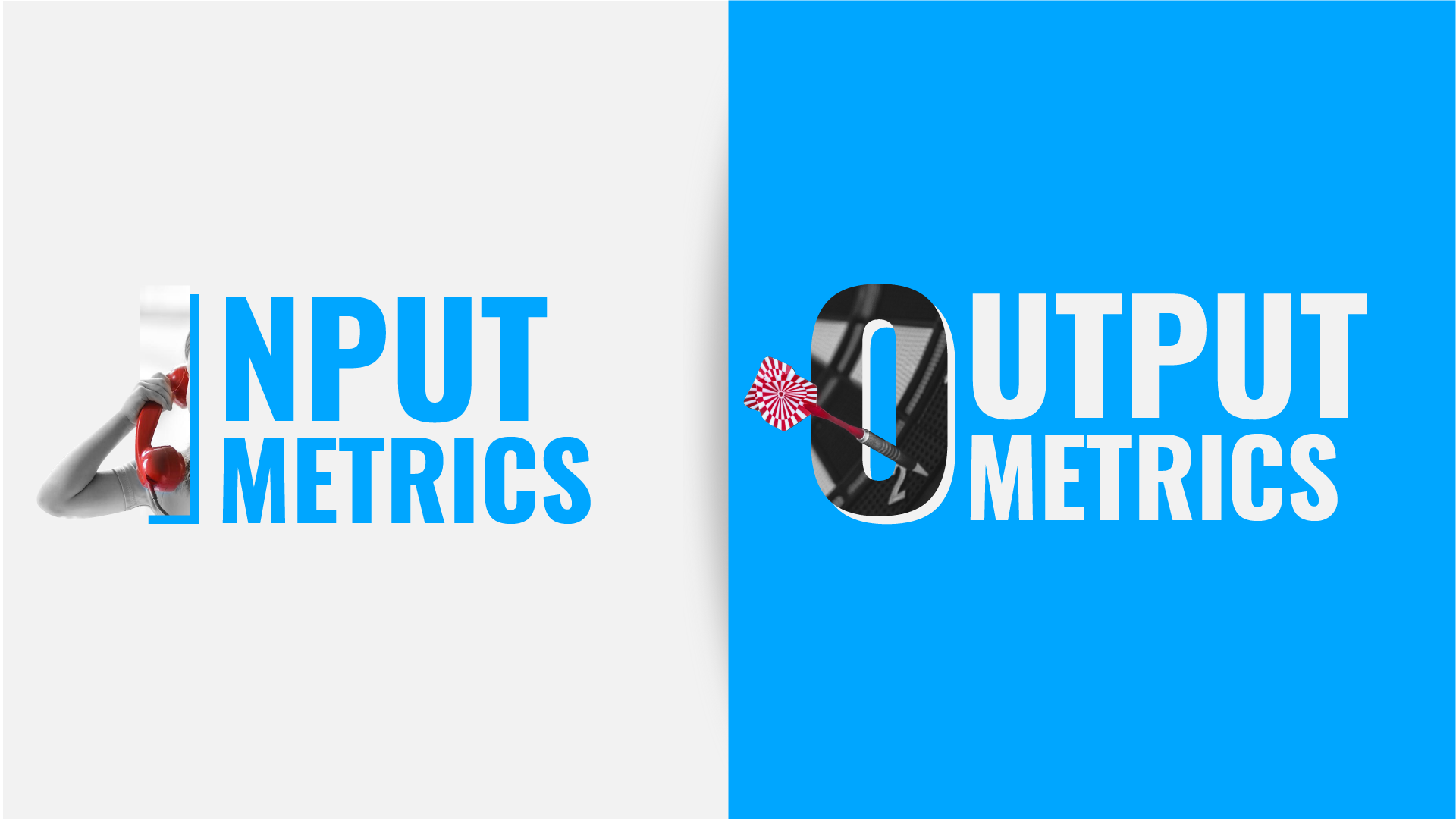What are the differences?
When identifying the differences between a Chief Financial Officer (CFO) and a Financial Controller, a growing company needs to understand the different roles and duties each play in the business.
In its most simplified context, a CFO oversees, interprets and forecasts the entire business financial outlook, while the Controller relays a part of the financial reporting to the CFO. However, both are equally as important when a business begins to grow an expand its size and operations.
What does a CFO do
The CFO is the financial leader of the company, its visionary, and can oversee the departments of accounting, finance, tax, payroll, etc. They must be able to understand past financial results and project future financial performance, a hard task to say the least.
The CFO’s main duty is to look forward in regards to financials; building financial models, identifying and mitigating risks. All businesses want a CFO, but small companies need to identify what a CFO can bring to the company. If your company needs a visionary who can process information regarding the whole company financials as an entity be prepared to pay big money for their experience and skill set.
What does a controller do
The Controller is usually responsible for the financial reporting, accounting, and sometimes tax compliance (depending on the size of the company) functions of a company.
Think of the Controller as the head of the accounting department. Controllers often look backward at past transactions to ensure they are recorded properly and reflected in the financial statements and tax returns; in addition, some may have the ability to forecast and demonstrate budget analysis.
A controller isn’t a bookkeeper
DO NOT confuse a Controller with a bookkeeper; both are having very different capabilities and qualifications. Controllers are “bread and butter” accountants who ensure the credibility of the department.
As a growing business or startup, many do not have the capability (or simply the need) to hire a CFO. Perhaps a Controller allows you to maintain a healthy growth without paying the expense of a CFO. Regardless of your business status, correct financial statements must be upheld, and understanding whether a CFO or Controller best suits your business is entirely up to you; just know who does what.


